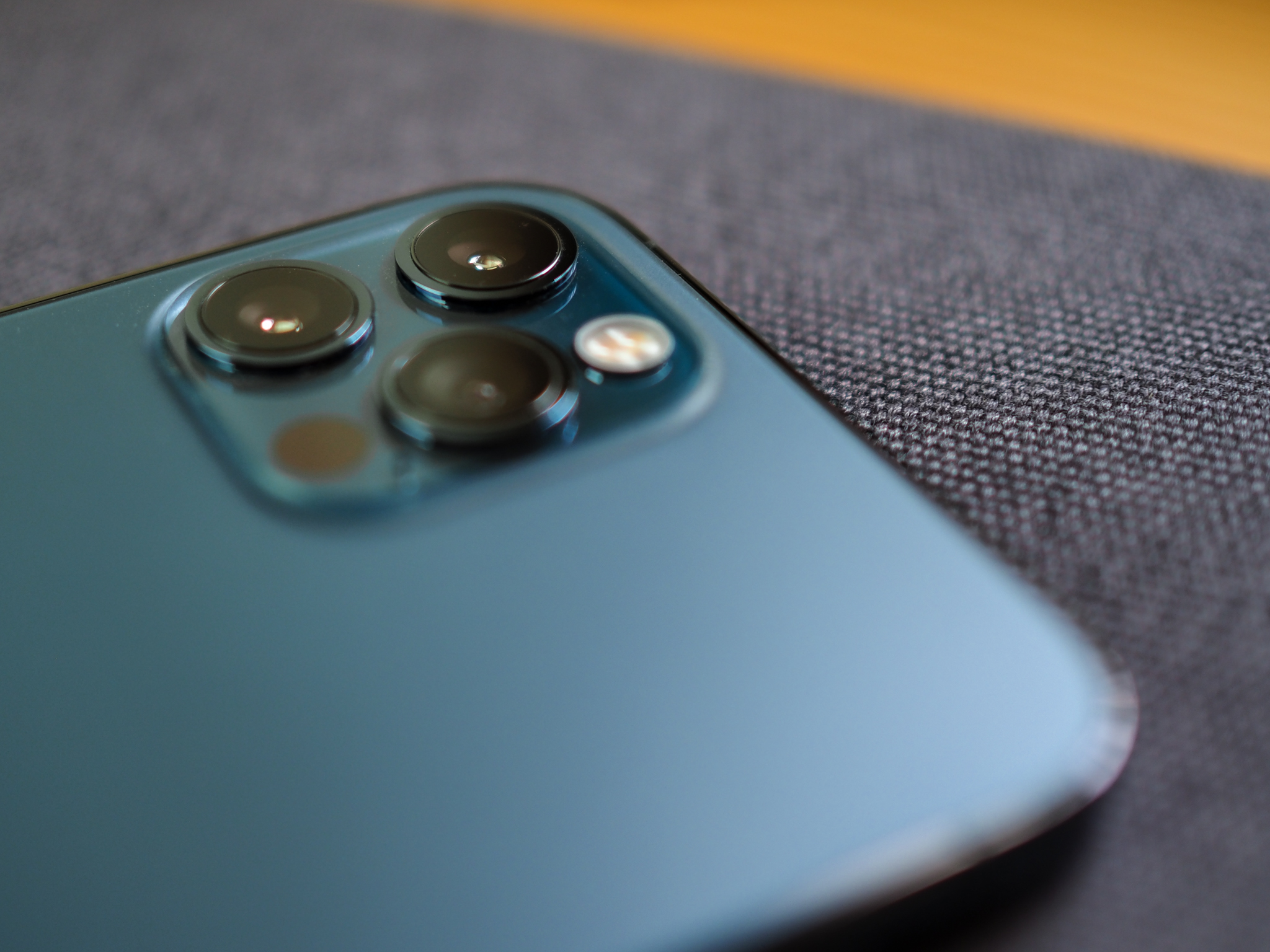"We're excited to develop more innovative effects in 2021!"
What you need to know
- A TikTok New Year's Eve AR effect was the first to take advantage of LiDAR technology on the iPhone 12 Pro.
- It showed confetti effects that interacted with the real world.
A TikTok AR effect used over the New Year has revealed the awesome power of LiDAR in the iPhone 12 Pro.
TikTok showed off the 2021 confetti effect on its Twitter account, yesterday.
To ring in 2021 we released our first AR effect on the new iPhone 12 Pro, using LiDAR technology which allows us to create effects that interact with your environment - visually bridging the digital and physical worlds. We're excited to develop more innovative effects in 2021! pic.twitter.com/6yFD2FfHta
— TikTokComms (@TikTokComms) January 6, 2021
From TikTok:
To ring in 2021 we released our first AR effect on the new iPhone 12 Pro, using LiDAR technology which allows us to create effects that interact with your environment - visually bridging the digital and physical worlds. We're excited to develop more innovative effects in 2021!
As noted, this is the first TikTok effect to take advantage of LiDAR and the results are incredible. You can see from the video how the scanner takes in the surroundings of the room, allowing the confetti in the video to fall on different places including the human subject in the photo. They even fall to the ground when they move away!
As noted by TechCrunch, Snapchat has previously used LiDAR to make better filters, releasing a Lens last year that would show flowers and grass growing on your surroundings and even climbing up the walls.
Apple added the LiDAR scanner to its iPhone 12 Pro lineup when it was released in October. From Apple:
An all-new LiDAR Scanner comes to the Pro line, offering the ability to measure light distance and use pixel depth information of a scene. This technology delivers faster, more realistic AR experiences and improves autofocus by 6x in low-light scenes for more accuracy and reduced capture time in photos and videos. This advanced hardware, combined with the power of the Neural Engine of A14 Bionic, also unlocks Night mode portraits, rendering a beautiful low-light bokeh effect.
The feature offers big camera improvements to features like portrait mode as well as opening up opportunities for AR fun!

No comments:
Post a Comment